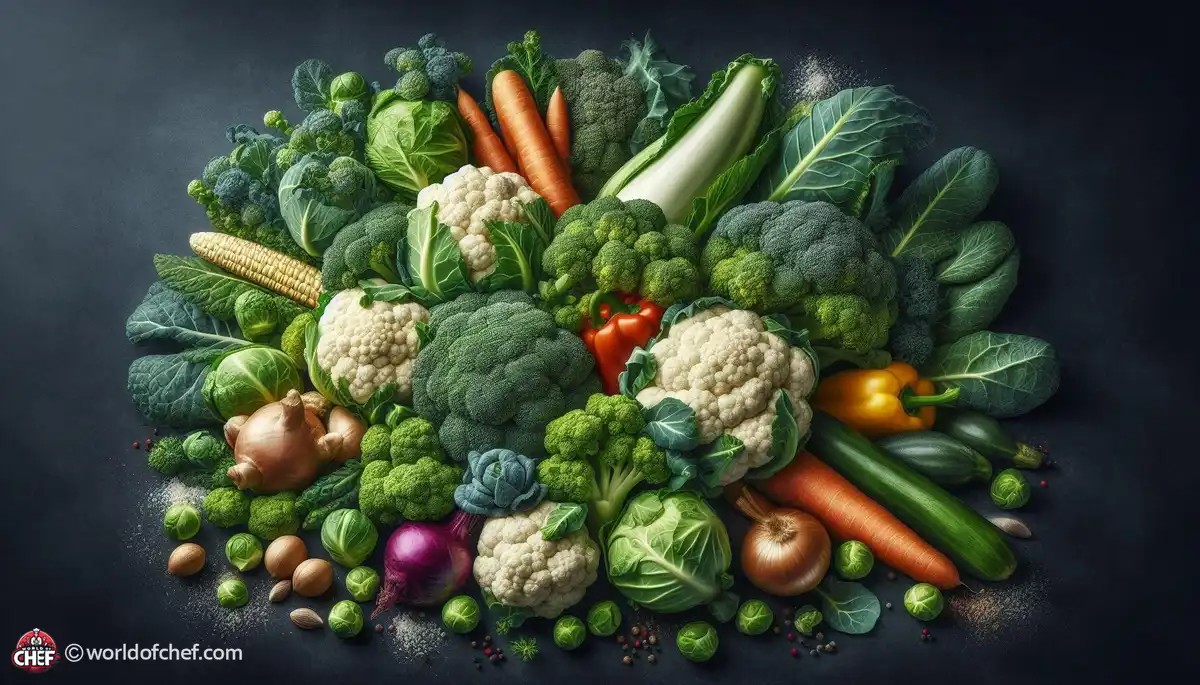
Unveiling the Power of Cruciferous Vegetables in Cancer Prevention
Eloise Jester - Mar 26, 2025 - 8 min read

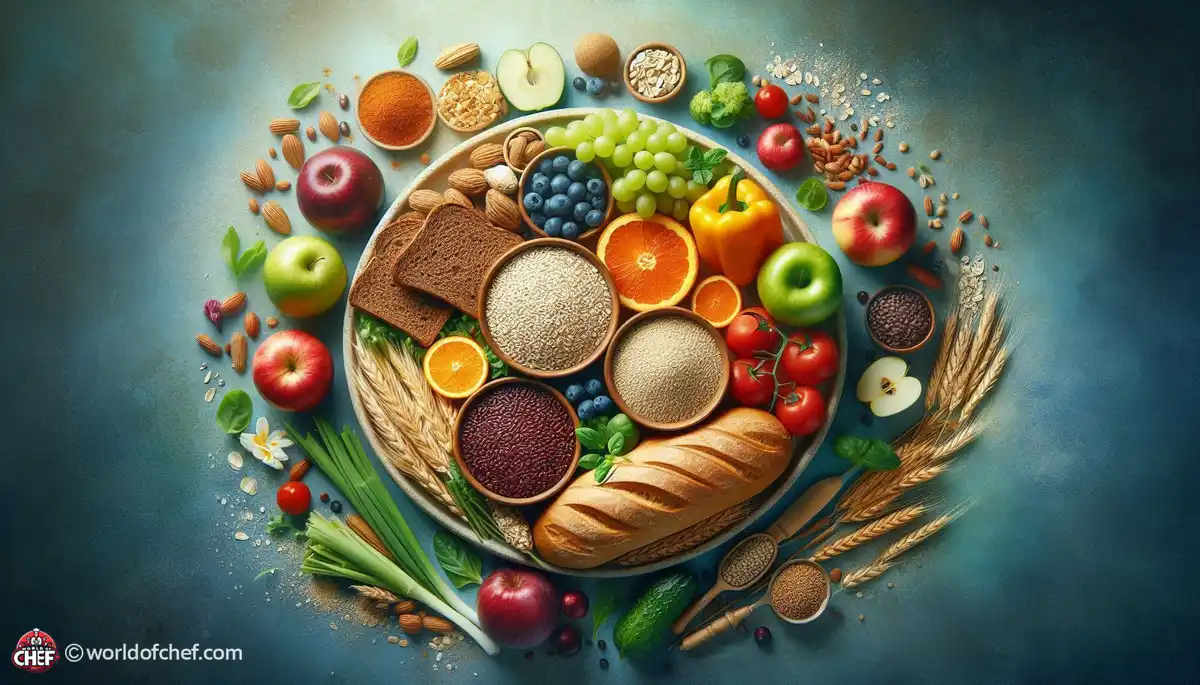
Whole grains are a crucial part of the well-rounded diet. These are rich in nutrients and help the human body achieve adequate dietary fiber. It consists of whole grain seed with all its layers, bran, germ, and endosperm packed with valuable vitamins, minerals, and antioxidants. Some common whole grains include wheat, oats, barley, brown rice, quinoa, and buckwheat. Unlike refined grains, key nutrients are lost in its processing. So, nutrients are preserved with whole grains.
Whole grains are rich in complex carbohydrates, which constitute most of the energy that is utilized by the body. They contain proteins, which are essential for repairing and building muscle, as well as vitamins and minerals such as B vitamins, iron, magnesium, and selenium. Whole grains are also very rich in dietary fiber, both soluble and insoluble, to promote good digestion, balance blood sugar, and prevent weight gain.
Consuming whole grains will reduce heart diseases risk by a tremendous amount. The fiber and antioxidants in whole grains help cut down cholesterol levels, LDL (bad) cholesterol and regulate blood pressure. Since cardiovascular health is improved the risks of heart attacks, strokes, and other complications related to the cardiovascular systems will be reduced.
Boost Digestive System. Ingestion of whole grains filled with fiber will help digest by making the stool smooth and making the bowel easier to pass. Fiber, it has been shown in some research, also tends to serve as a nutritious supplement to beneficial gut microbiota which could play the crucial role for the complete good working of your digestive system. Moreover, it may resist some of the gastrointestinal ailments such as diverticulitis or inflammatory bowel diseases.
Inclusion of whole grains in the diet can help in weight regulation and healthy loss of weight. The consumption of fiber and complex carbs in whole grains keeps an individual full for a relatively longer time, which makes the total calorie intake low without overeating. In addition, whole grains have a reduced glycemic index compared with refined grains, meaning there is a slower and even increase in blood sugar; this makes an individual sated and prevents spikes of hunger.
Whole grains make one feel full and satisfied after meals. As such, they can be included in weight loss diets and even weight maintenance diets. In contrast, processed foods will make you feel hungry again after a few hours of eating them, whereas whole grains will keep you energized and satisfied for a much longer period to help you achieve your diet goals. Mixing various whole grains in meals will bring texture, flavor, and nutrition to the food as well as keep one satisfied and nourished.
Whole grains are important in the regulation of blood glucose levels and in the prevention of type 2 diabetes. The fiber in whole grains slows down the rate at which sugars are absorbed into the blood, hence preventing a quick rise in blood glucose. This maintains the production of insulin and sensitivity, reducing the possibility of developing insulin resistance and type 2 diabetes. In general, whole grains help improve glycemic control in diabetic patients.
Whole grains cause consistent blood sugar levels and don't let it peak during the day. Thus, they provide steady and un-interrupted energy and do not create crashes. In the case of refined grains or sugary snacks, one finds quick fluctuations in the glucose levels in the blood. Whole grains don't lead to quick fluctuations in glucose levels. They offer sustainable energy with no crash afterwards, so this is crucial in maintaining the mind in order throughout the day and a sense of well-being.
Whole grains are very nutritious foods that contain a combination of several essential vitamins and minerals along with antioxidants, which provide all types of nutritious value in daily intake and overall Health Benefits. Using different whole grains in Daily Meals guarantees an adequate and comprehensive nutritional value. Being full of various nutrients for the best efficiency in life, including vitamins B from energy metabolism to iron content that facilitates the transport of oxygen in the body as well as magnesium, facilitating the functions of muscles within the body.
Whole grains contain compounds that neutralize free radicals from causing harm, which therefore protects cells from becoming damaged. In cases concerning chronic diseases, which involve cancer, cardiovascular disease, and cognitive decline, the antioxidant role is imperative. By consuming whole grains, the intake of antioxidants will be increased, hence giving the body protection from oxidative stress and inflammation.
Whole grains are very versatile and allow for endless possibilities in cooking. Whether it is oatmeal for a hearty breakfast or whole grain pancakes, quinoa salads, or brown rice stir-fries for savory dishes, there are numerous ways to add whole grains to your meals. As you experiment with various grains and recipes, you find new flavors, textures, and nutrient combinations that elevate your culinary experience.
Adding whole grains to the diet does not compromise taste or convenience. Many whole grain products - whole wheat pasta, whole grain bread, and brown rice - can easily be found at supermarkets and substituted with other versions in your favorite recipes. With whole grain choices over refined ones, more than just nutritional value is enhanced; there are distinct flavour and texture improvements in some dishes, making it worthwhile for any meal.
Whole grains are part of a balanced diet, which is associated with so many health benefits and varieties in the culinary world. They help maintain heart health, aid in digestive health; they help in weight management; and they help in managing the level of blood sugar in the body. This helps provide scrumptious and healthy food by introducing the varied uses of whole grains. In this manner, when it comes to the meal preparations, next time remember including whole grains into the dietary routine as they bring an element of healthy lifestyle together with vitality.

Eloise Jester - Mar 26, 2025 - 8 min read
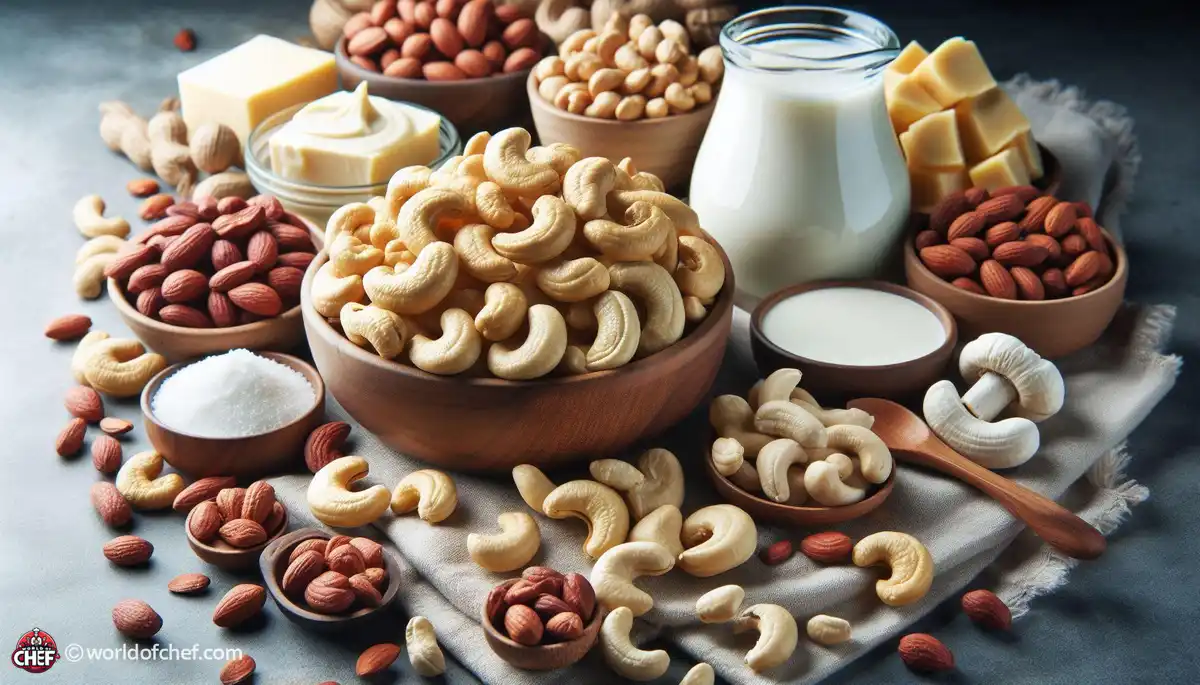
Wayne Tobar - Mar 23, 2025 - 6 min read
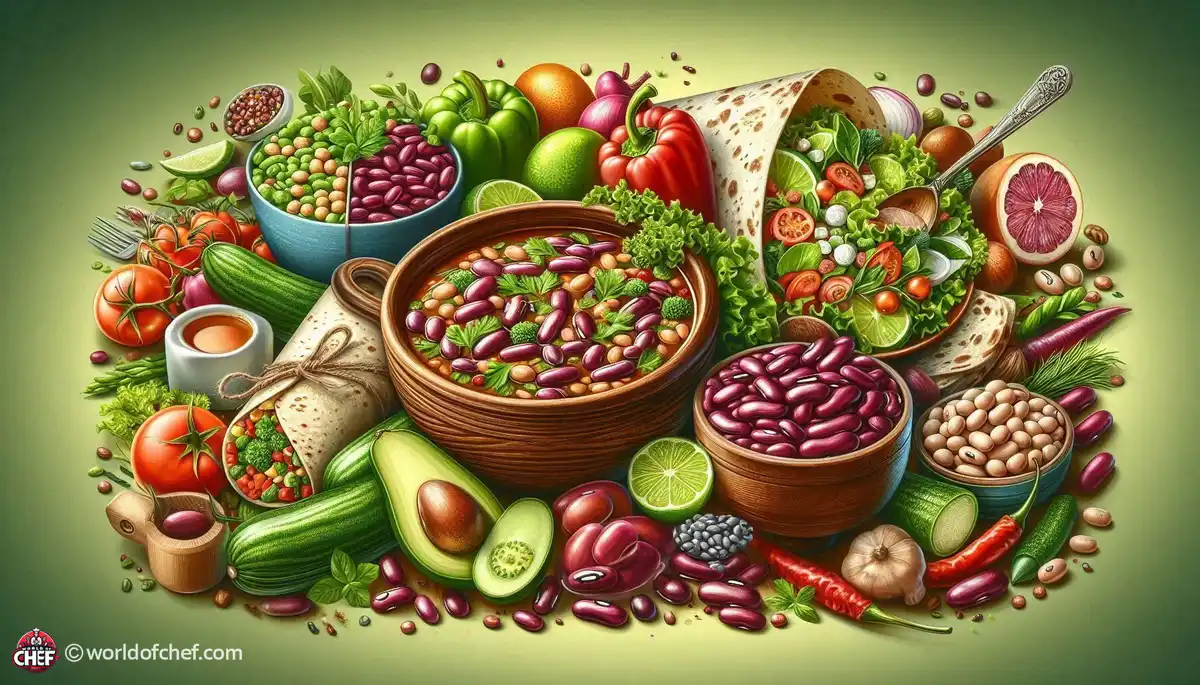
Harold Turcios - Mar 19, 2025 - 7 min read
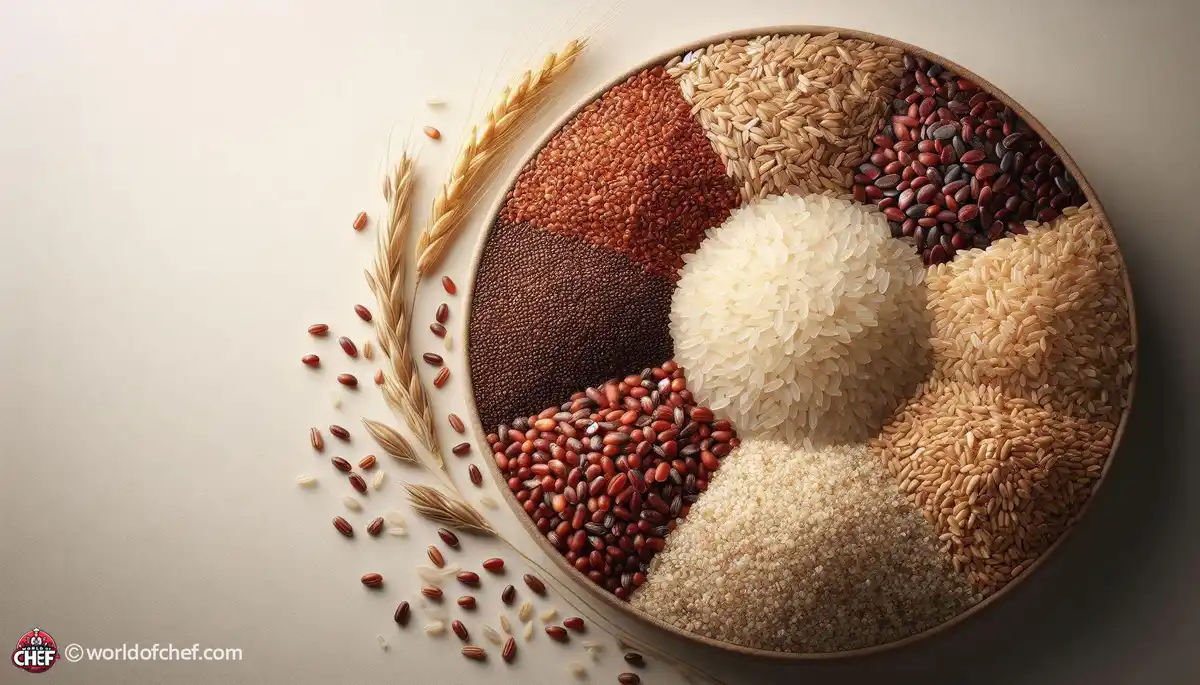
Nevaeh Zeng - Mar 16, 2025 - 6 min read